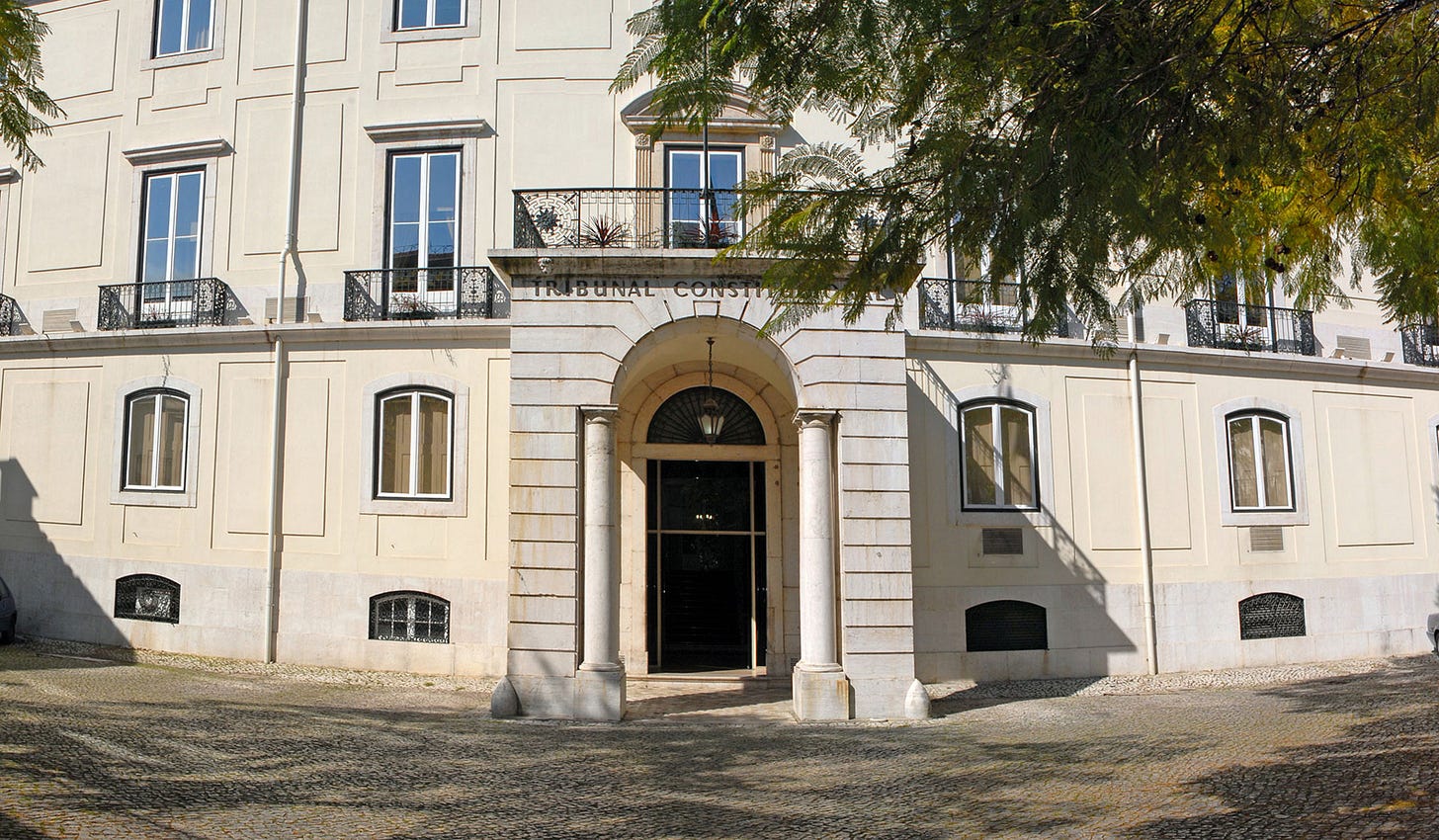Constitutional Court strikes down euthanasia law
Since 2018, multiple versions of the law were approved by Parliament, only to be vetoed or declared unconstitutional.
Portugal’s Constitutional Court has declared key parts of the country’s euthanasia law unconstitutional, suspending the legislation just two days after the death of Pope Francis, who had previously expressed regret over its approval.
The ruling, announced Tuesday, identifies three major legal flaws, with the court forming a majority consensus on the law’s incompatibility with the constitution.
One of the invalidated provisions involves the patient’s right to choose between euthanasia and assisted suicide.
The court found the law inconsistent, as it only permits euthanasia for patients physically unable to self-administer lethal medication, raising legal ambiguity and violating the constitutional principle of legal certainty.
Another rejected section concerns the lack of a mandatory in-person evaluation by a specialist in the patient’s condition.
Citing models from Belgium, Luxembourg, and Spain, the judges ruled that omitting this requirement undermines the objectivity and reliability of the medical judgment, weakening protections for human life and breaching the parliament’s legislative authority.
The third point of unconstitutionality targets the requirement for healthcare professionals to justify their conscientious objection to participating in assisted dying.
The court deemed this an excessive restriction on freedom of conscience.
Third ruling
While the court upheld most of the law’s remaining provisions, the decision renders the entire law ineffective for now.
The process of legalizing euthanasia in Portugal has been long, complex, and deeply divisive.
Since 2018, multiple versions of the law were approved by Parliament, only to be vetoed or declared unconstitutional.
The Constitutional Court has now reviewed the law three times, reaffirming that while the Portuguese Constitution neither mandates nor forbids assisted dying, it leaves such decisions to lawmakers within a democratic framework.
The first version passed in early 2021, but was vetoed by President Marcelo Rebelo de Sousa, who raised concerns about unclear terminology and constitutional issues.
Following revisions, Parliament approved the law again in late 2021. However, the President sent it to the Constitutional Court, which deemed parts of it unconstitutional.
A third version was passed in 2022, but once more faced presidential veto, this time for lack of clarity regarding the conditions under which euthanasia could be performed.
Finally, in May 2023, Parliament passed a fourth version, explicitly defining the procedures and limiting the President’s options to a promulgation. Still, the law continued to face constitutional scrutiny.
Contentious ethical and political debate
The ruling followed challenges from 56 PSD (Social Democratic Party) parliamentarians and the Ombudsperson, Maria Lúcia Amaral.
The decision revives a contentious ethical and political debate that has long divided Portuguese society and resurfaces amid political uncertainty and a change in government.
Reactions were mixed: Socialist MP Isabel Moreira argued the court’s clarifications make the law ready for regulation without further revision, while the right-wing Chega party welcomed the ruling and called for better investment in palliative care instead.
With 57 Portuguese citizens currently registered with Switzerland’s Dignitas association for assisted dying, the issue remains deeply relevant.
The court's decision underscores the legal and moral complexities still surrounding the right to die in Portugal.




